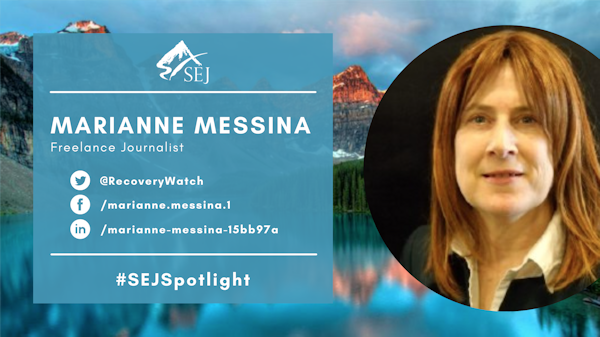"SEC To Consider Historic Rule Requiring Climate Disclosure"
"The Securities and Exchange Commission is set to vote on a groundbreaking rule later this month that for the first time would require public companies to disclose the risks they face from climate change."
















